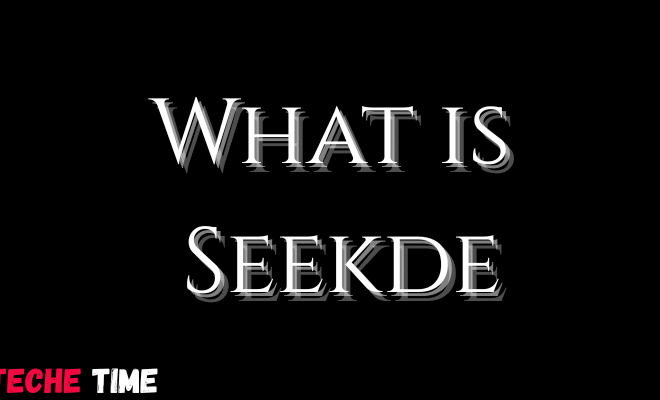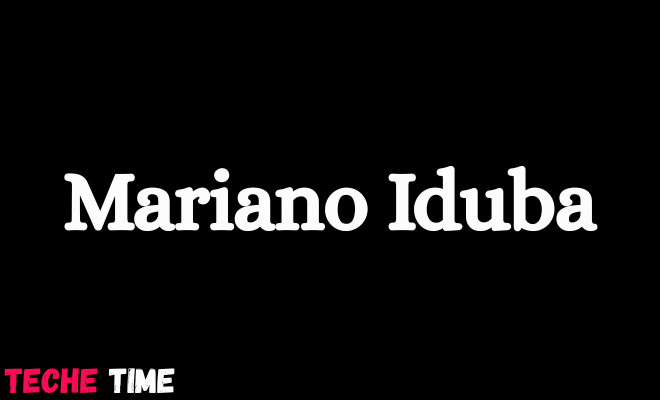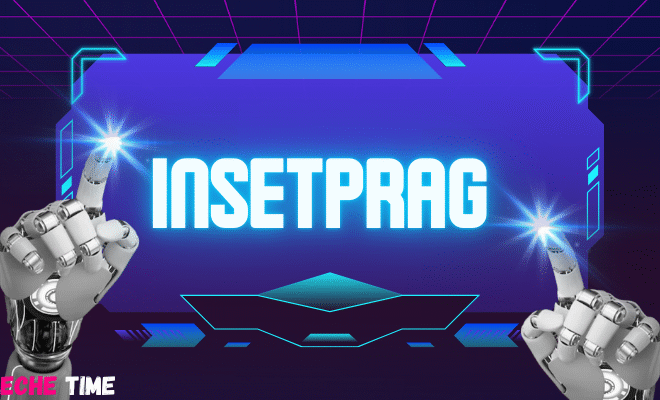
Role of IoT in Government
In an era of rapid technological advancements, the Internet of Things (IoT) has emerged as a transformative force with the potential to reshape the very foundation of government operations and public services. With its extensive network of interconnected devices and sensors that collect, exchange, and analyze data, the IoT has surpassed its origins in consumer gadgets to assume a pivotal role in the public sector. This paradigm shift redefines how governments operate, interact with citizens, and tackle complex societal challenges.
In this era of digital innovation, the significance of IoT in government has reached paramount levels, offering the promise of enhanced efficiency, transparency, and the ability to address some of society’s most pressing issues. Consult with IT Support 24/7 experts to harness the power of IoT in your Government industry.
This article will explore the top benefits of the Internet of Things for Government.
Top Benefits of IoT for Government
-
Cost Savings
One of the key benefits of implementing the internet of things in government is the potential for significant cost savings. By utilizing connected devices and sensors, governments can gather real-time data on various aspects of their operations, such as energy usage, infrastructure maintenance, and waste management.
This data can then be analyzed to identify areas where efficiencies can be made and costs reduced. For example, IoT-enabled intelligent grids can help governments better manage energy consumption, lowering utility bills. Furthermore, IoT can enable predictive maintenance of public infrastructure, preventing costly breakdowns and repairs.
-
Data-Driven Decision Making
IoT and government are a powerful combination that empowers data-driven decision-making. With IoT devices collecting and transmitting vast amounts of data in real-time, government agencies can gain valuable insights into various operations. This data can identify trends, patterns, and areas for improvement, leading to more informed decision-making processes.
For example, by analyzing data from IoT sensors installed in traffic lights, transportation departments can optimize traffic flow and reduce congestion. Similarly, monitoring air quality through IoT-enabled devices can help environmental agencies identify pollution hotspots and take appropriate measures to improve air quality.
-
Enhanced Public Safety
Using Internet of Things (IoT) technology in government can have significant benefits, including enhanced public safety. By connecting devices and systems through IoT, government agencies can gather real-time data on various aspects of public safety, such as traffic patterns, crime rates, and emergency response times.
This data can then be analyzed to make more informed decisions and allocate resources more effectively. For example, IoT sensors can be deployed in high-crime areas to detect gunshots and alert law enforcement immediately. IoT-enabled smart streetlights can help improve pedestrian safety by automatically adjusting lighting levels based on foot traffic.
-
Better Traffic Management
The implementation of IoT in government offers various advantages, one of which is better traffic management. Governments can gather real-time data on traffic patterns, congestion, and accidents by using IoT devices such as sensors and cameras. This data can then be analyzed to identify areas of concern and make informed decisions to alleviate traffic congestion and improve overall traffic flow. For example, traffic signals can be synchronized based on real-time traffic conditions to optimize the movement of vehicles through intersections.
Moreover, IoT can enable smart parking solutions that provide real-time information on available parking spaces, reducing the time spent searching for parking and easing traffic congestion. By leveraging IoT technology for better traffic management, governments can enhance transportation efficiency, reduce carbon emissions, and improve citizens’ overall quality of life.
-
Improved Healthcare
One of the significant benefits of IoT government is its potential to improve healthcare services. With the integration of IoT devices and technologies, healthcare providers can collect real-time data on patient health, monitor vital signs remotely, and enable remote consultations.
This allows for early detection of health issues, timely interventions, and personalized patient care. Furthermore, IoT-enabled medical devices can streamline hospital operations by automating inventory management and equipment maintenance tasks.
Applications of IoT in Government
-
Disaster Management
The Internet of Things (IoT) can significantly enhance disaster management efforts in government. By utilizing IoT devices such as sensors and cameras, government agencies can gather real-time data on various aspects of a disaster, such as weather conditions, air quality, and infrastructure damage. This data can then be analyzed to make more informed decisions and allocate resources effectively.
For example, in a natural disaster like a hurricane or earthquake, IoT sensors can provide early warnings and help alert residents to evacuate. In addition, IoT devices can aid in post-disaster recovery efforts by monitoring the structural integrity of buildings and helping to identify areas that need immediate attention. By leveraging the power of IoT, governments can improve their response capabilities and ultimately save lives during times of crisis.
-
Infrastructure management
One of the key applications of IoT in government is infrastructure management. With the help of IoT governance, you can monitor and manage critical infrastructure such as bridges, roads, and public utilities more efficiently. These devices can provide real-time data on the condition of infrastructure, detecting any potential issues or maintenance needs before they become major problems.
This proactive approach to infrastructure management can help prevent accidents and disruptions, ensuring that public resources are utilized effectively. IoT technology can also enable predictive maintenance, allowing governments to optimize their maintenance schedules and reduce costs. By leveraging IoT in infrastructure management, governments can enhance their public assets’ safety, reliability, and sustainability.
-
National Security
National security is one of the critical areas where the Internet of Things (IoT) has found applications in the government sector. IoT technology allows for the creation of a network of interconnected devices and systems that can collect and analyze vast amounts of data in real time, providing valuable insights for enhancing national security measures.
For example, IoT-enabled surveillance systems can help monitor critical infrastructure, border control, and public spaces more effectively, enabling early detection and response to potential threats. Additionally, IoT sensors can be deployed in military equipment and vehicles to gather data on their performance, maintenance needs, and potential vulnerabilities. By leveraging IoT technology in national security, governments can enhance their situational awareness, optimize resource allocation, and improve safety and defense capabilities.
In Conclusion
The role of IoT in government is undeniably transformative, offering a spectrum of opportunities for enhancing efficiency, transparency, and citizen engagement. From optimizing infrastructure and public services to bolstering disaster management and environmental sustainability, IoT technologies can revolutionize how governments operate and serve their constituents. As governments worldwide continue to embrace IoT solutions, they must do so with a focus on data security, privacy, and interoperability to ensure that the benefits are maximized while safeguarding the rights and interests of their citizens. By fostering innovation, collaboration, and responsible governance, IoT can play a pivotal role in building future innovative, responsive, and citizen-centric governance. For more information, please reach out to Managed IT Services experts.








